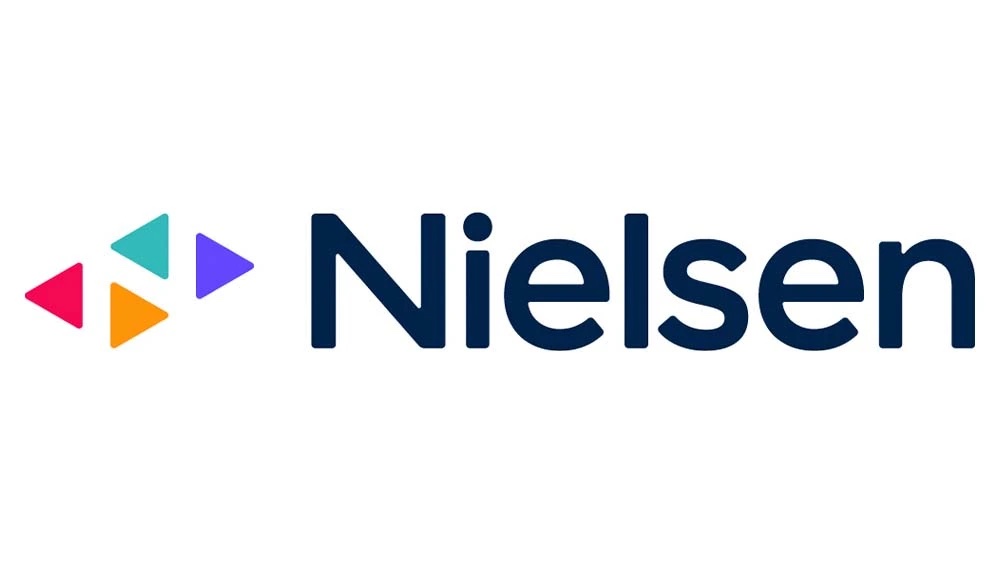Can Alcatel Lucent pull out of its dive?
At least Alcatel-Lucent has done a good job in managing expectations, with its shares soaring 8 percent on the “good news” that it only lost $1.83 billion in 2012.
The reaction to the previous year’s profit of $1.47 billion was far less enthusiastic, yet this time round analysts even went out of their way to accentuate the positive over the results, with comments such as “There are some decent elements within the numbers.”
That pinpoints the problem, which is that Alcatel-Lucent is very strong in some areas, but has failed to maintain overall competitiveness against a clutch of aggressive rivals that have succeeded in keeping their cost bases lower, notably Ericsson, Huawei, Nokia Siemens Networks and Cisco. These giants have been eating into Alcatel-Lucent’s profits, and also to a lesser extent stealing its customers. This is especially true in Europe and Asia, where Alcatel-Lucent failed to pick up some major accounts. Fourth quarter sales were down 1.3 percent year-on-year to $5.5 billion, and full-year sales off 5.7 percent at $19.2 billion; so not as catastrophic as the profit fall.
TV has taken an important role in Alcatel-Lucent’s strategy, focused on its Multiscreen Video Platform designed to blend efficient content delivery with cross-screen services and social connections. This strategy enjoyed mixed success during 2012, with Alcatel-Lucent gaining a big scalp by beating Ericsson, Huawei and ZTE to the contract for Oi Telecom’s IPTV service in Brazil. This Alcatel-Lucent gained on the back of its relationship with Microsoft, serving as the integrator of its Mediaroom platform.
But, this was probably more than offset by the disappointment at losing out to Ericsson to lead the integration and implementation of Telefonica’s Global Video Platform (GVP), which will allow its subscribers to access live TV, video on demand and premium services simultaneously over any network from any device. That was a big deal because, apart from its strong position in its domestic Spanish market, Telefonica is also expanding in pay TV in Latin America.
Alcatel-Lucent’s core strength is in fixed-line communication technology, being the world leader in DSL vectoring to boost bit rates over copper wires, in conjunction with other innovations that are pushing forward the boundaries of fiber optic performance. These two together are enabling Alcatel-Lucent to see off its competitors in the important VDSL sector, which is about pushing fiber deeper, and, at the same time, maximizing performance over the remaining shorter copper loop lengths.
The company’s access prowess has spilled over into TV, leading to Multimedia Research Group (MRG), the media ecosystem company, ranking Alcatel-Lucent as the world’s number one IPTV vendor in the Access category in its annual IPTV Market Leader Report published Nov. 2012.
The professional video industry's #1 source for news, trends and product and tech information. Sign up below.
But, accolades are a poor substitute for profits in the corporate world, and the question now is whether Alcatel-Lucent can regain anything close to the status enjoyed by its original constituent parts, Lucent, which was the envy of the world in the late 1990s having inherited the famous Bell Labs, and Alcatel, which was one of the great economic powerhouses propping up the French economy.
The group has been given a flip by the departure of CEO Ben Verwaayen, forced out because of the losses, but that alone will yield just a temporary lift of the sort enjoyed by sports teams upon a change of coach. Long-term success can only be gained through a change of strategy, and recognition, in this case, that the company cannot continue playing across the whole of fixed and mobile communications as well as TV.
It must concede ground at the fringes and develop business around its core strengths in efficient data delivery and optimization over copper and fiber. This points towards two key markets that are both going to be huge — OTT/TV Everywhere and mobile data offload. Alcatel-Lucent can be a leader in both of these markets, which are related in that explosive growth in OTT mobile video is busting the backhaul infrastructures of cellular operators, driving them to offload increasing amounts of their traffic onto broadband, either via WiFi or small cell technologies such as femtocells.
There is all for Alcatel-Lucent to play for if it trims its sales and withdraws from markets where it is losing ground.
